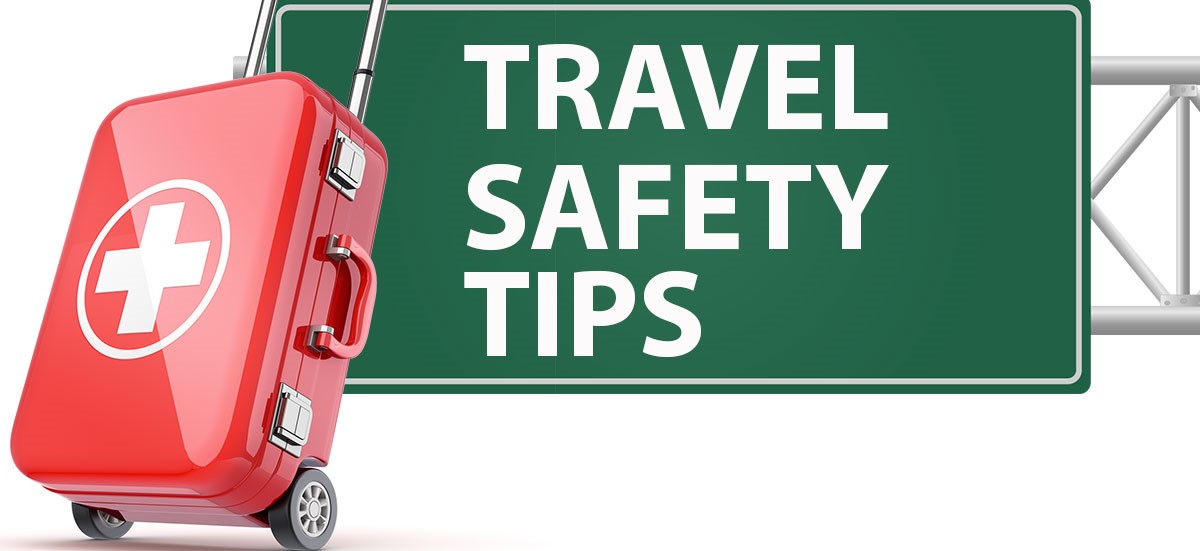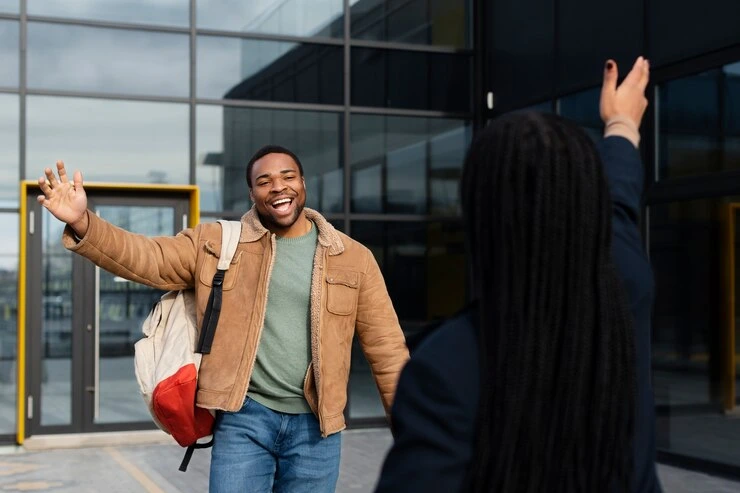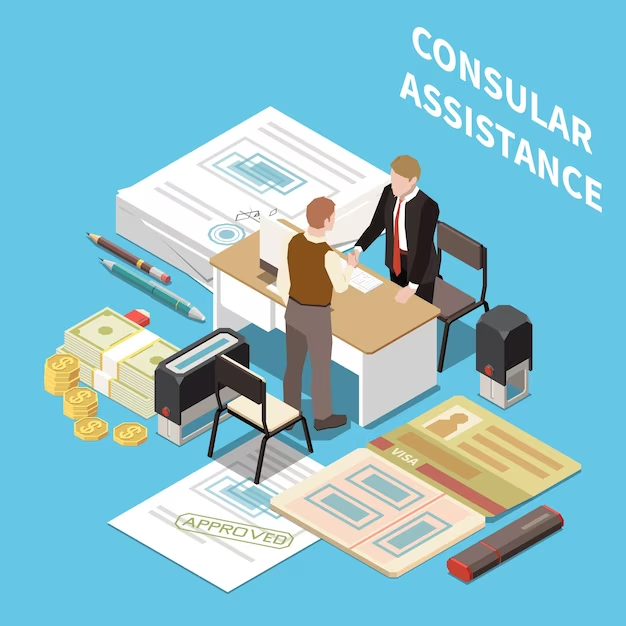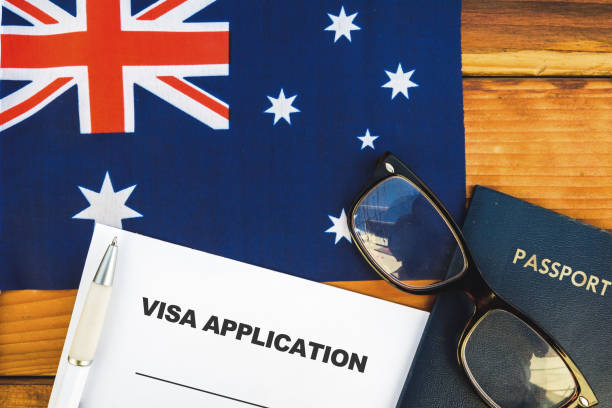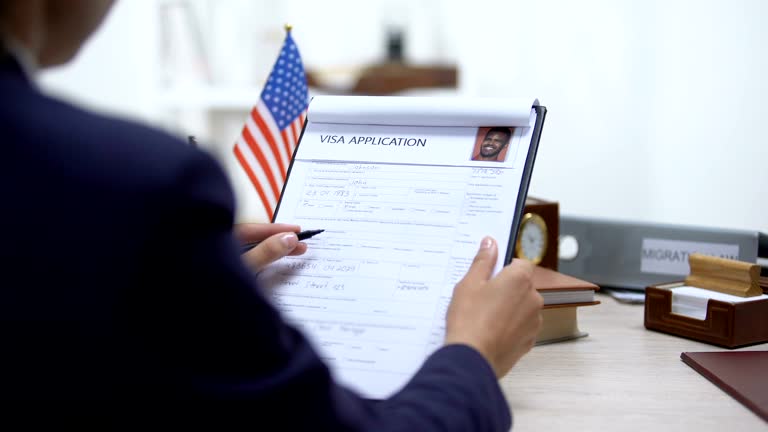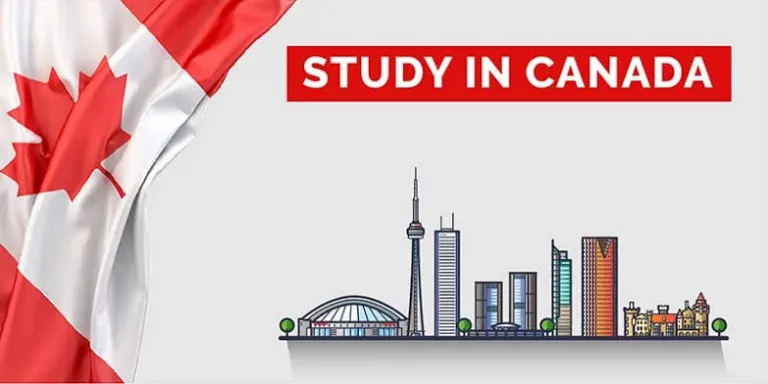Safety Tips for Working and Traveling Abroad
Traveling and working in another country can be exciting and rewarding. It offers the chance to explore new cultures, meet new people, and grow both personally and professionally. However, there are also risks involved. It’s important to stay safe and prepared. This guide will give you useful safety tips for working and traveling abroad. We will cover preparation, personal safety, health precautions, and what to do in emergencies.
Preparing for Your Trip
Research Your Destination
Before you go, it’s important to learn about the place you will be visiting. This includes understanding the culture, laws, and common practices. Here are some things to look into:
- Cultural Norms: Each country has its own customs. What is normal in one place might be rude in another. For example, in some cultures, it is polite to greet people with a handshake, while in others, a bow is preferred.
- Local Laws: Know the laws of the country. Some places have strict rules about drugs, alcohol, and public behavior. Ignorance of the law is not an excuse.
- Travel Advisories: Check travel advisories from your government or trusted organizations. They will inform you about any safety concerns, health risks, or travel restrictions.
Make Copies of Important Documents
Losing important documents can be stressful. To avoid this, make copies of:
- Passport: Keep a photocopy of your passport separate from the original. It’s also a good idea to save a digital copy in your email or cloud storage.
- Visa and Work Permits: If you need a visa or work permit, make copies of these documents as well.
- Travel Insurance: Have a copy of your travel insurance policy and emergency contact numbers.
- Emergency Contacts: Write down important contact numbers, including the address and phone number of your country’s embassy or consulate.
Health Preparations
Being healthy before your trip is crucial for enjoying your time abroad.
- Vaccinations: Check if you need any vaccinations for the country you are visiting. It’s best to consult with a healthcare provider or travel clinic a few weeks before your trip.
- Medications: If you take any prescription medications, bring enough for your whole trip, along with a copy of your prescription. Be aware of the rules about bringing medications into the country.
- Health Insurance: Make sure your health insurance covers international travel. If it doesn’t, consider buying travel health insurance.
Personal Safety Tips
Stay Aware of Your Surroundings
Being aware of what is happening around you is important for your safety.
- Stay Alert: Avoid distractions like looking at your phone while walking. Pay attention to your surroundings.
- Trust Your Instincts: If something feels wrong or makes you uncomfortable, listen to your gut and leave the situation.
- Observe Local Behavior: Watch how locals behave. This can help you understand what is considered normal.
Keep Your Belongings Secure
The risk of theft can increase when traveling, especially in busy places. Here are some tips to protect your belongings:
- Use Anti-Theft Bags: Consider using bags designed to be secure, with features like lockable zippers and cut-resistant straps.
- Don’t Flash Valuables: Keep expensive items like jewelry and electronics hidden when you are not using them.
- Secure Your Passport: Use a hotel safe to store your passport and extra cash when you don’t need them.
Blend In with Locals
To avoid drawing attention as a tourist, try to blend in with locals.
- Dress Appropriately: Find out how locals dress and try to fit in. In some places, modest clothing is important.
- Learn Basic Local Phrases: Knowing a few words or phrases in the local language can help you feel more comfortable and can be useful in emergencies.
Transportation Safety
Traveling safely within your destination is essential.
- Use Reputable Transportation: Whether taking buses, taxis, or rideshares, stick to reliable services. Look for licensed taxis and check reviews for rideshare apps.
- Avoid Walking Alone at Night: Stick to well-lit, busy areas if you need to travel at night. Using rideshare services is often safer.
- Be Cautious with Personal Vehicles: If you are renting a car, familiarize yourself with local driving laws and road conditions. Always wear your seatbelt.
Health and Well-Being
Stay Hydrated and Eat Safely
Taking care of your health is important while traveling.
- Drink Safe Water: Always drink bottled or treated water, especially in places where tap water is unsafe. Avoid ice unless you know it is made from safe water.
- Eat Wisely: Choose clean and well-reviewed restaurants. Be careful with street food if you are unsure of its hygiene standards.
Maintain Your Mental Health
Traveling can be stressful, so it’s important to take care of your mental well-being.
- Stay Connected: Keep in touch with friends and family back home through calls, texts, or social media.
- Find Support Groups: Look for expatriate or traveler groups in your area. Talking to others can provide emotional support and helpful advice.
- Take Breaks: Allow yourself time to relax, especially if you are feeling overwhelmed.
Emergency Preparedness
Know Local Emergency Numbers
Before you travel, find out the local emergency numbers. This can include:
- Police: In many countries, the emergency number for police is 911 (USA), but it varies in other countries.
- Fire Department: Often the same as police.
- Medical Emergency: This number can be different; check local resources.
Locate Your Embassy or Consulate
Know where your country’s embassy or consulate is located. They can help you in emergencies such as:
- Lost Passports: They can help you replace a lost or stolen passport.
- Legal Assistance: If you have legal problems, they can provide guidance.
- Emergency Evacuations: They can assist you during crises like natural disasters.
Create an Emergency Plan
Having a plan can help you stay calm during emergencies.
- Designate Meeting Points: If you are traveling with others, choose meeting spots in case you get separated.
- Emergency Contacts: Keep a list of local contacts, including friends, colleagues, and emergency services.
- Know Escape Routes: Familiarize yourself with exits and safe areas in your accommodations.
Dealing with Theft and Loss
What to Do if You Are Robbed
If you are robbed, stay calm and follow these steps:
- Report to Local Authorities: Contact the local police to report the theft. Get a copy of the report; it may be needed for insurance claims.
- Notify Your Embassy: Let your country’s embassy know about the theft, especially if your passport was stolen.
- Contact Your Bank: If your credit cards or cash were taken, notify your bank to prevent unauthorized transactions.
Recovering from a Lost Passport
If your passport is lost or stolen, take these steps:
- Gather Required Documents: Collect documents such as a copy of your passport and passport photos.
- Visit Your Embassy: Go to your country’s embassy or consulate to report the loss and apply for a replacement.
- Stay Informed: Keep track of the progress of your replacement application.
Staying Connected
Use Technology Wisely
Staying connected can enhance your safety while traveling.
- Mobile Apps: Use apps that provide real-time safety information and emergency services in your area.
- Social Media: Share your travel plans with trusted friends or family and check in regularly.
- Emergency Contacts: Keep important contacts saved on your phone and also write them down in case your phone is lost.
Use a VPN
When using public Wi-Fi, protect your personal information by using a Virtual Private Network (VPN). A VPN keeps your internet connection secure and makes it harder for hackers to steal your data.
Navigating Cultural Differences
Respect Local Customs
Being respectful of local customs can improve your safety and help you connect with locals.
- Observe Local Etiquette: Learn about local etiquette for greetings, dining, and social interactions.
- Participate in Local Activities: Join cultural events or activities to immerse yourself in the community and make new friends.
Avoid Political Discussions
It’s best to avoid discussing politics while traveling. Different opinions can lead to misunderstandings. Stick to neutral topics to keep conversations friendly.
Staying Safe While Working Abroad
Understand Workplace Culture
Each country has different workplace norms and expectations. Understanding these can help you fit in better.
- Communication Style: Some cultures prefer direct communication, while others value indirect methods. Observe and adapt your style accordingly.
- Work Hours and Breaks: Familiarize yourself with the work hours and break policies. In some countries, long lunch breaks are common, while in others, the workday is more compact.
Build Relationships with Colleagues
Establishing good relationships with your coworkers can enhance your work experience and increase your safety.
- Be Friendly: Approach your colleagues with a positive attitude. This can lead to friendships that provide support.
- Seek Mentorship: Finding a mentor can help you navigate the workplace and adapt to the local culture more quickly.
Know Your Rights
Understanding your rights as a worker in a foreign country is essential.
- Labor Laws: Familiarize yourself with local labor laws, including hours, wages, and workplace safety standards.
- Workplace Safety: Be aware of safety procedures at your workplace. Report any unsafe conditions to your supervisor.
Conclusion
Working and traveling abroad can be a fantastic experience filled with learning and adventure. However, it’s important to prioritize your safety at all times. By researching your destination, staying aware of your surroundings, and preparing for emergencies, you can minimize risks and enjoy your trip.

